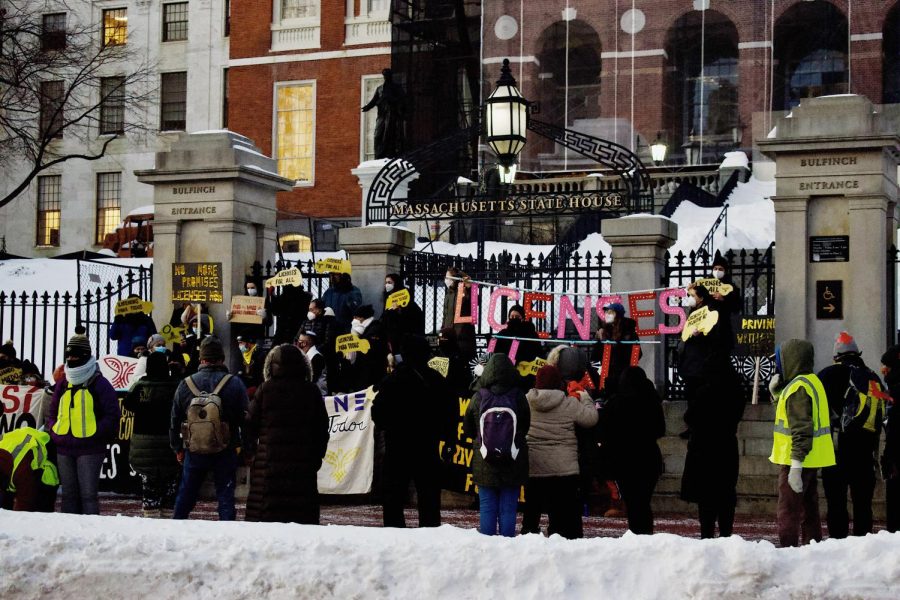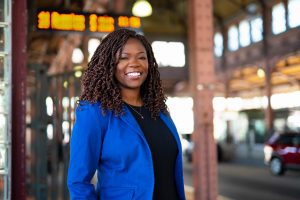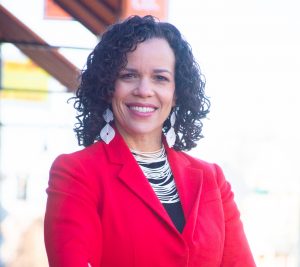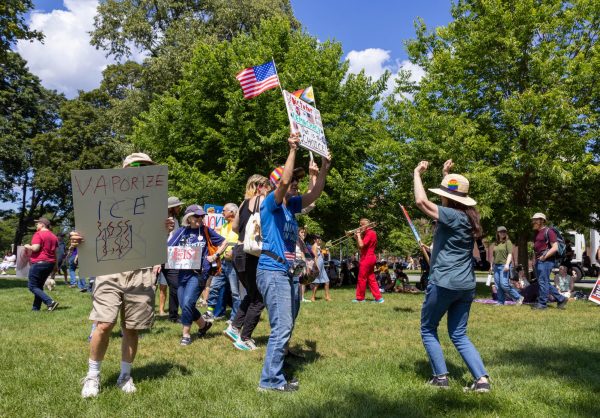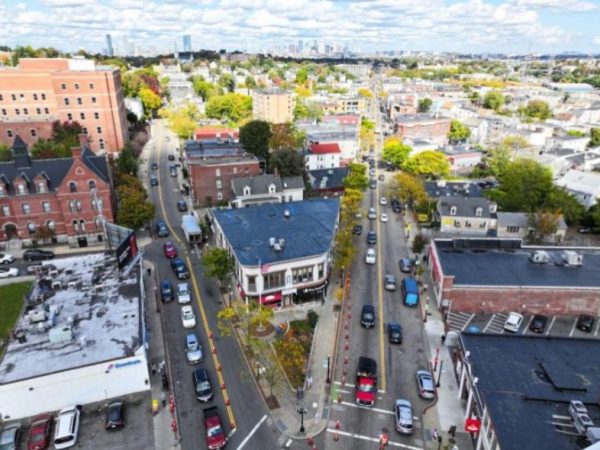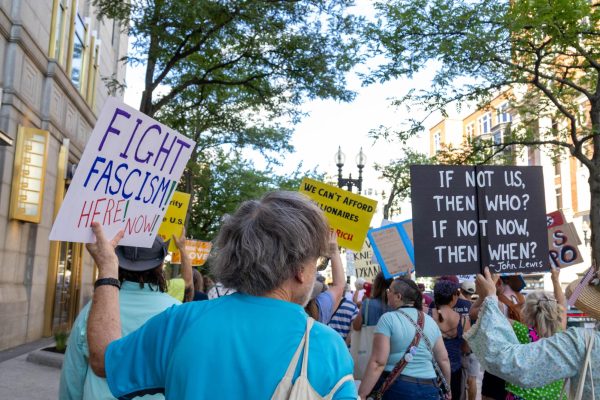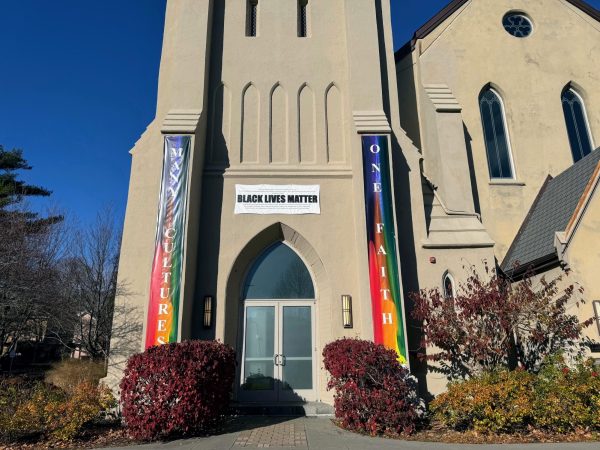Immigrants, activists seeking ‘licenses for all’ march from Mass. State House
Photo: Colette Pollauf
Members of Cosecha and Never Again Action Boston hold signs demanding licenses for all as they protest in front of the Massachusetts State House on Monday, Jan. 31, 2022.
Editors note: On Feb. 16, 2022, the House passed the Work and Family Mobility Act by a vote of 120-36. This will now allow undocumented immigrants to obtain driver’s licenses in Mass.
On the day before a major transportation rights bill was set to be decided on – which could affect the trajectory of many undocumented Mass. residents – the immigrant activist group Cosecha Massachusetts stood outside of the Mass. State House for a planned march. The march, assembled along with the group Never Again Action Boston, was taking place to call attention to and demand the passage of Bill HD.448 that would allow undocumented immigrants to obtain driver’s licenses in Mass.
“We wake up and work every day, work with the risk of being found out and stopped by police,” said Amparo Bolpe, a volunteer with Cosecha Massachusetts. “We are contributing citizens to the society, and we believe we deserve [licenses].”
Cosecha fights for the rights of undocumented immigrants and on Monday demanded the Transportation Committee to advance the bill called the Work and Family Mobility Act, which had an advancement deadline of Feb. 2. During the march, that deadline was extended to early March.
The Work and Family Mobility Act would enable all qualified state residents to apply for a Massachusetts driver’s license regardless of immigration status. This would allow the estimated 250,000 undocumented immigrants in Massachusetts to drive legally for the first time. Cosecha has been fighting for this bill to be passed for over 16 years.
“We’re tired of waiting,” said Kathy Henriquez, a young activist and volunteer with Cosecha. “Everyone in the statehouse is a public servant. We’re not asking for them to fix all of the problems.”
Henriquez, a recent graduate from Lasell University in Newton, said she had to commute over four hours from her home to school every day. “With access to a license, that commute could have been 40 minutes,” she said in a press release for the march. “That’s four hours I could have used to work part-time, or be a part of my community or just to be myself and enjoy my time in general.”
Henriquez also explained the extensive consequences of the lack of licenses in undocumented communities, such as children being unable to participate in after-school activities or older adults being unable to pick up medication.
“People drive with that fear because there’s no other option,” she said.
When asked what would happen if this bill is postponed again, as it has been countless times, Bolpe was adamant. “We will keep fighting,” she said, pointing to the 16 years Cosecha had been advocating for the bill. She expressed the importance of undocumented immigrants advocating for themselves. “There’s not another option for us if we don’t,“ she said.
Henriquez agreed and implored people to take action, saying that people of all ages need to call their representatives and demand that action be taken on the bill. “People put them in office,” she said, “and they can take them out.”


